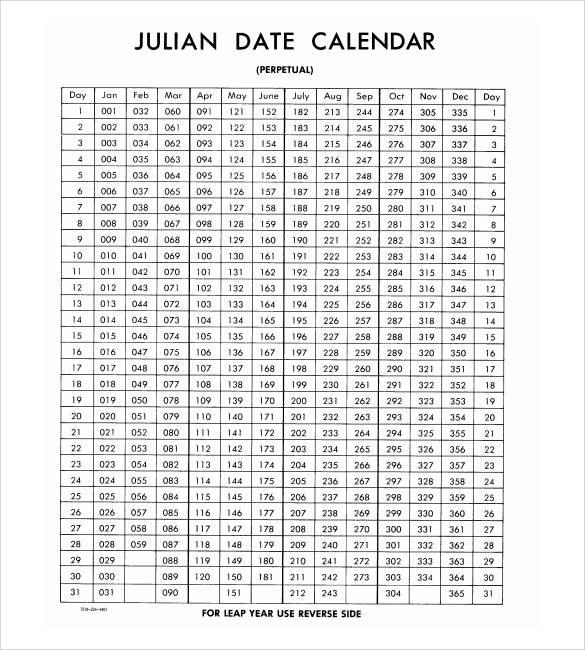The Julian calendar was introduced by Julius Caesar in 46 BC and was used in the Roman Empire and parts of Europe for centuries. It was based on a 365-day year with an extra day added every four years to account for leap years. However, the Julian calendar had a slight inaccuracy in its calculation of leap years, leading to a discrepancy with the solar year.
As a result, the Julian calendar gradually fell out of sync with the seasons, prompting the need for reform. This led to the introduction of the Gregorian calendar in 1582 by Pope Gregory XIII, which corrected the inaccuracies of the Julian calendar and is the calendar system used by most of the world today.
Do We Use The Julian Calendar Today
Current Use of the Julian Calendar
While the Gregorian calendar is the predominant calendar system used globally, the Julian calendar is still observed by some Orthodox Christian churches for religious purposes. These churches follow the Julian calendar for calculating the date of Easter and other religious holidays.
Additionally, some countries and cultural groups continue to use the Julian calendar for certain traditional or administrative purposes. For example, the Julian calendar is still used in parts of Russia for some official documents and celebrations.
